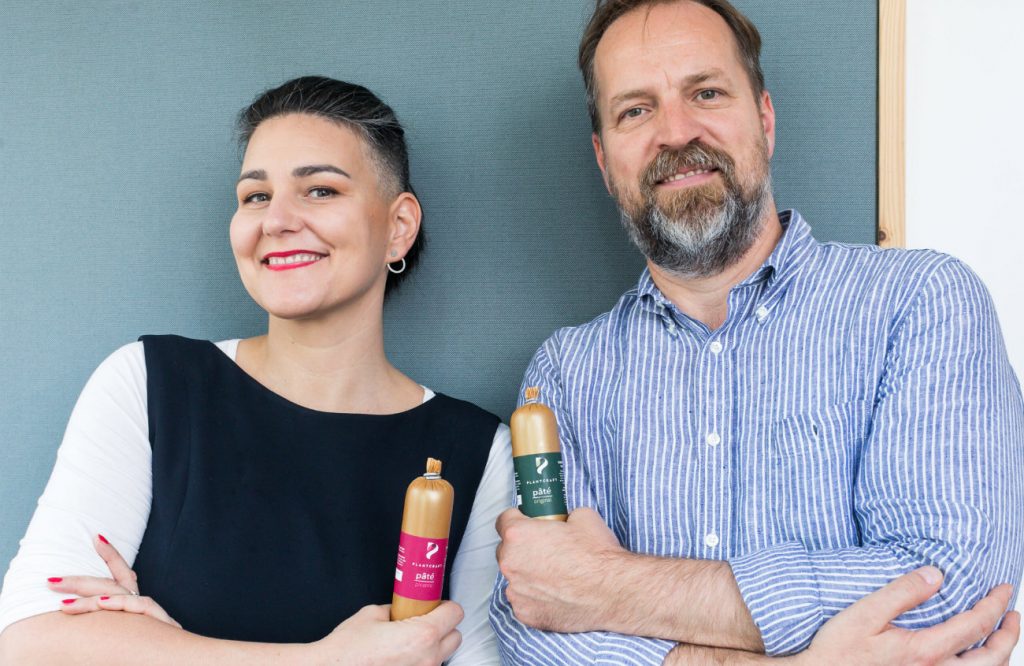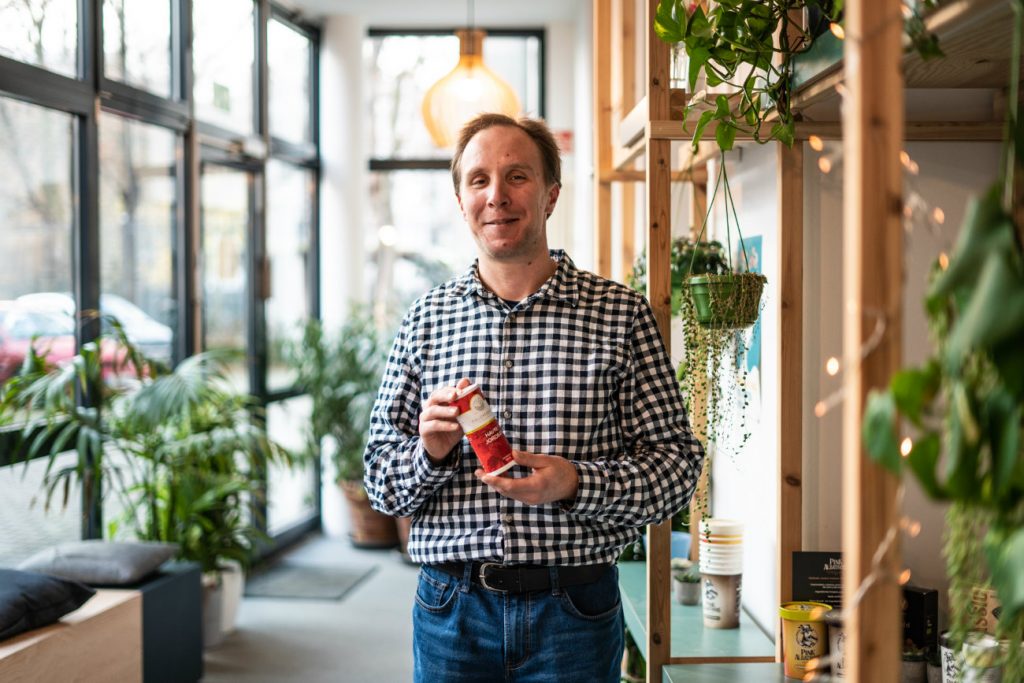The corona crisis is a global phenomenon – it affects countries on all continents and is hitting health systems, financial markets, the economy, and global society as a whole. The International Monetary Fund is forecasting the “worst economic downturn since the Great Depression.” The Covid-19 pandemic carries immense uncertainty and threat for businesses. It is tough to predict what the world will look like when the storm is over. How will food startups working on plant-based and cultured innovations fare during this crisis?
Startups need partners in the food industry who will believe in them and accompany them on their entrepreneurial journey. They also need partners that provide sustainable funding. Furthermore, they need to have a sound strategy when it comes to commercialisation and scaling. It has to be solid and flexible in equal measure, especially in times of crisis – like now.
Corona is a test for startups in all of these regards.
Let’s have a look, for example, at the industry partners and networks that startups rely on. The out-of-home market has basically collapsed. Foodservice is stalled, with restaurants, cafes, schools, and canteens closed in many countries. Even when the shutdown loosens, it will take a long time for the industry to recover.
Food delivery has benefitted from this gap in the market but is not strong enough to make up for the losses. Retail, meanwhile, is booming, as customers stock up on staples and non-perishable food. However, supermarkets are tending to focus on big brands and essentials in the current crisis. Against this background, startup innovations are getting less attention.



